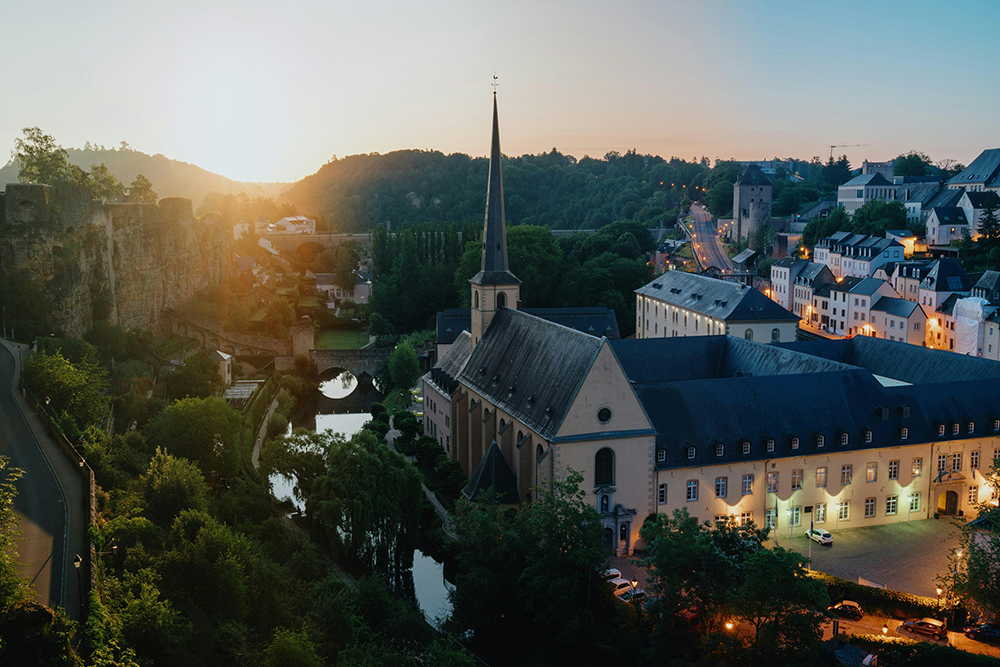Futures for the Pluriverse: A Grounded Approach to Scenario Design
Date: 2025-06-16
Time: 10:30–11:30
Venue: Linnesalen, The Royal Swedish Academy of Sciences
Address: Lilla Frescativägen 4A, SE-114 18 Stockholm

Date: 2025-06-16
Time: 10:30–11:30
Venue: Linnesalen, The Royal Swedish Academy of Sciences
Address: Lilla Frescativägen 4A, SE-114 18 Stockholm

Widespread engagement in regenerative actions with improved social coordination is urgently required to reverse the degradation of the planet’s life support systems. Such far-reaching modifications in societies’ goals and practices will require a shift in how we understand the world in which we live. In this seminar we explore how we may build capabilities to transcend prevailing paradigms and associated values as ordering principles for decision-making and action. Reflection on how knowledge relates to our understanding of human agency is also required.
In this seminar I will introduce a scenario approach designed in support of a regenerative governance to build capabilities to engage with open futures in pluralist societies. Regenerative governance has an axiology tied to the ethical premise of multi-species sustainability and associated human responsibilities. The scenario approach involved a four-year transdisciplinary research project set in Luxembourg from 2017-2021, that engaged over 100 actors in the co-production of a set of three scenarios for how we engage a the nexus of water and land in 2045.
The aim of this approach to social coordination was to complement existing structures and processes in social-ecological systems (SESs) for water governance, to allow new patterns of regenerative behaviours to emerge. Comparative studies noted a lack of reflexivity in many scenario approaches with respect to prevailing paradigms that shape human relations. In this set each scenario corresponds to a narrative rooted in a different ontology: objectivism, subjectivism, and relational experientialism, respectively. Each ontology shapes relations in the human and to the more than human world in fundamentally different ways.
The use of this scenario set is then critically discussed in two different multi-stakeholder situations. In the joint discussion we can explore the extent to which differing ontological understandings between stakeholder groups may be roots of polarization and lack of concerted action in multi-stakeholder processes. How can we enrich regional transformation processes with more explicit diverse imaginaries of human ecological relations ? What role can scenarios play, and what other social, biological and physical structures that may help us to overcome prevailing paradigms prompting extractive behavioural patterns?
Ariane König is Assistant Professor on Regenerative Social-Ecological Systems at the University of Luxembourg. Her transdisciplinary research and study programme serve to create concepts, spaces and processes for transformative governance with a focus on how we engage with water and land. She equips change agents with approaches such as collaborative conceptual systems mapping, scenario work and citizen science, to tap into collective intelligence and develop an enhanced repertoire for regenerative thought and action in a networked knowledge society. Critical questions hinge on the role of science and other forms of knowing in deep transformation processes. She is a member of the Luxembourg Observatory of Climate Politics and the European Statistical Advisory Committee. Prior to Luxembourg she has held positions at the Universities of Oxford and Harvard. Her transdisciplinary approach draws on her lived experience as regulatory affairs manager at the interface of science, the law and public acceptance in diverse regulatory and scientific cultures, and her training as biochemist and genetic engineer at the University of Cambridge.